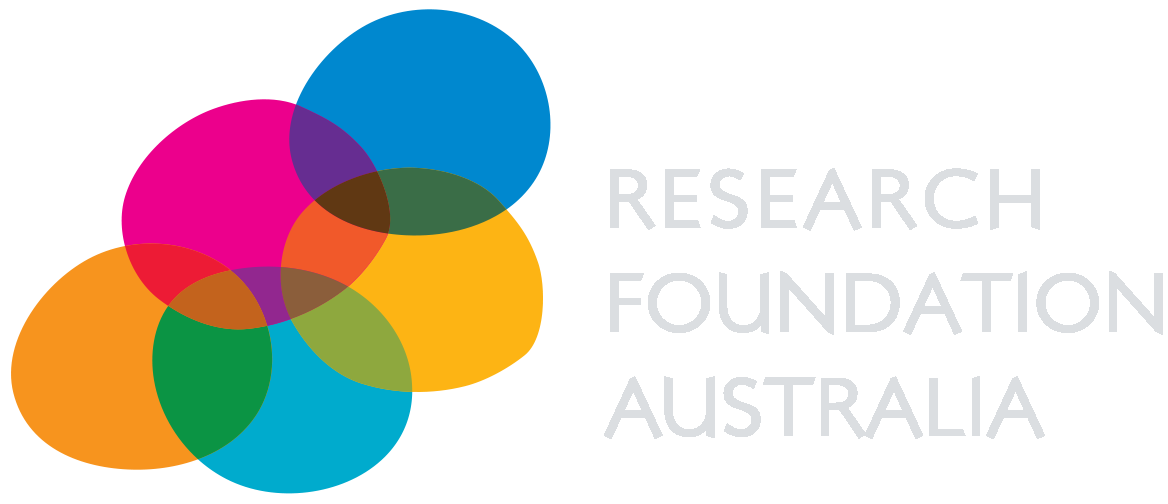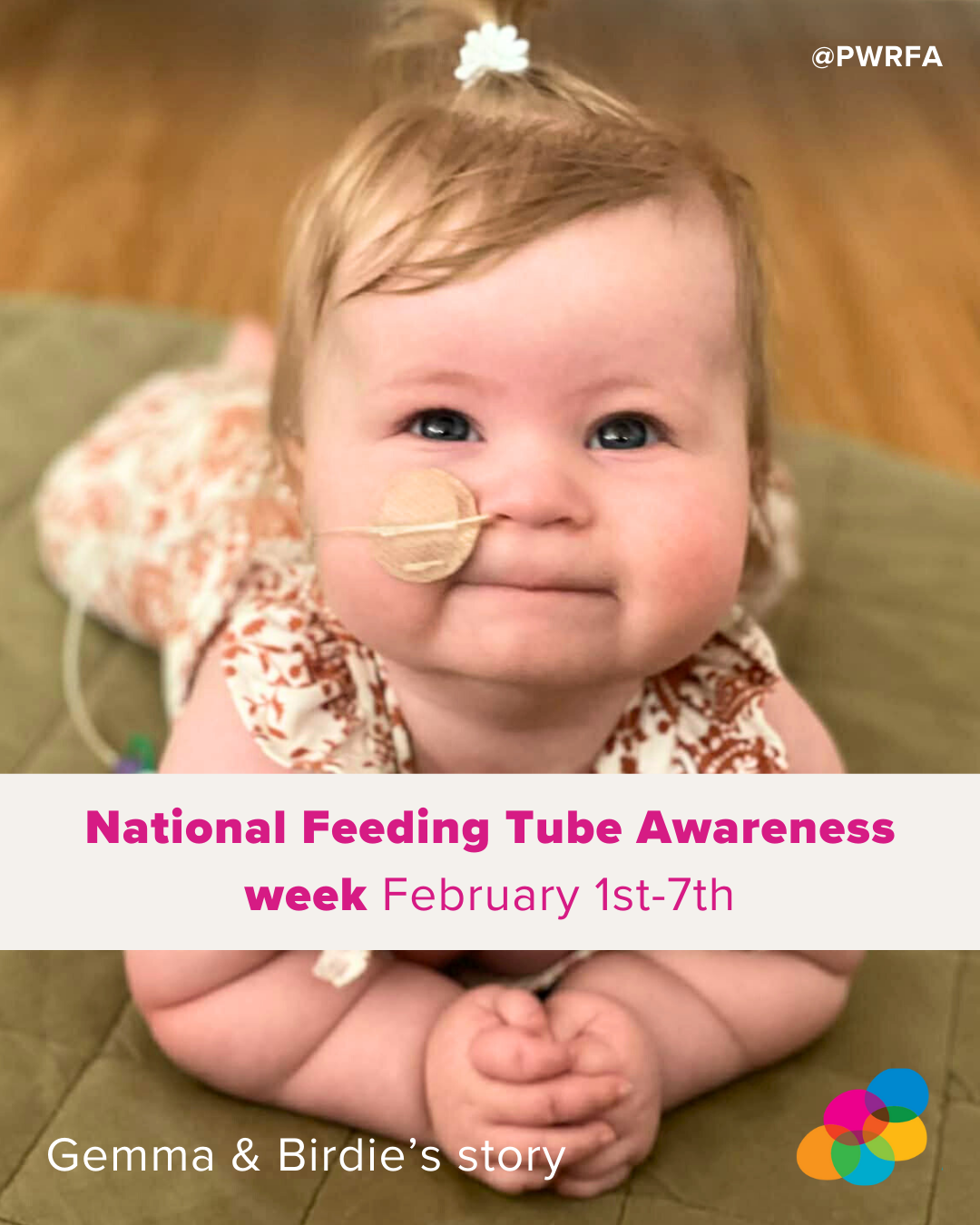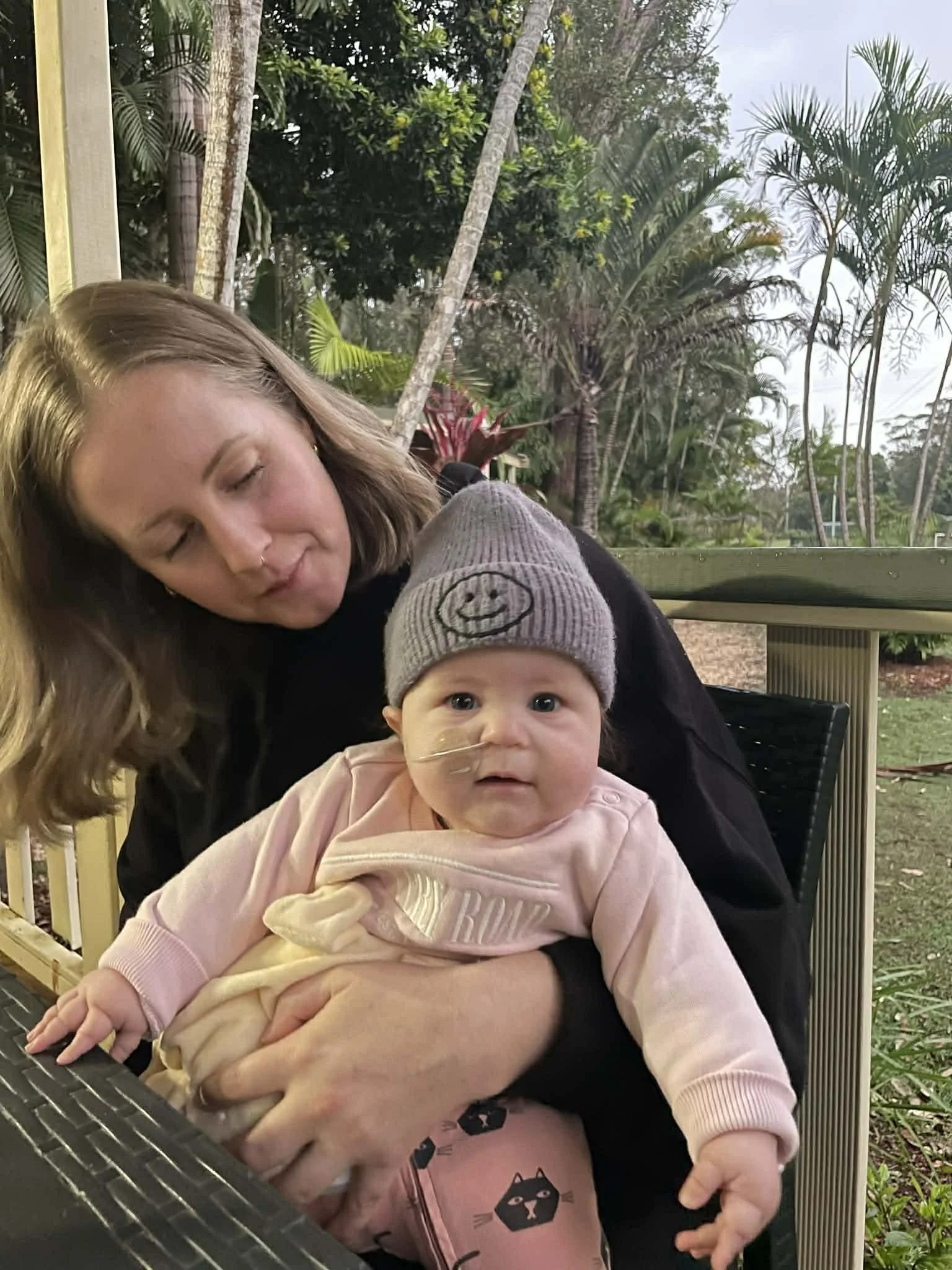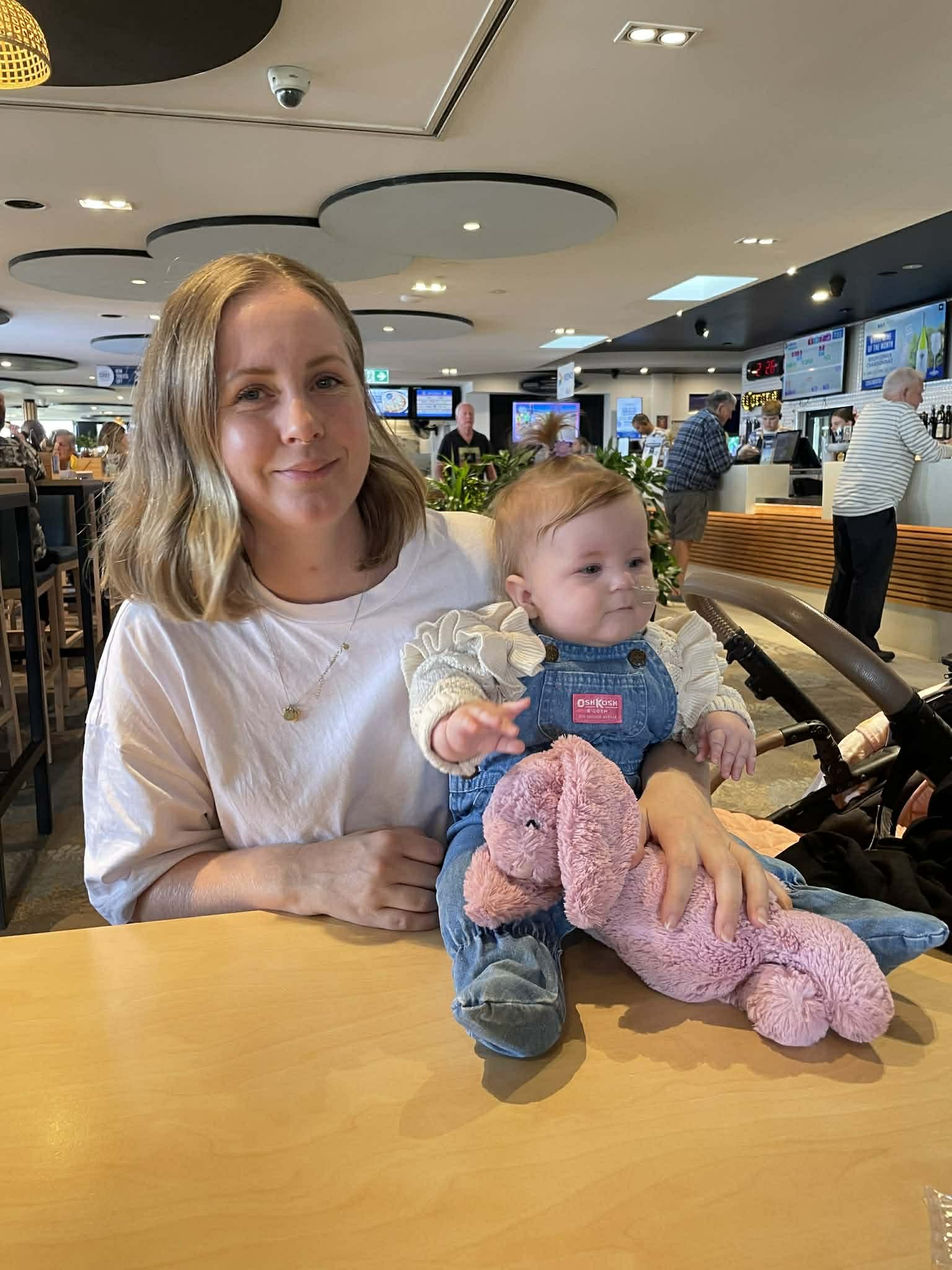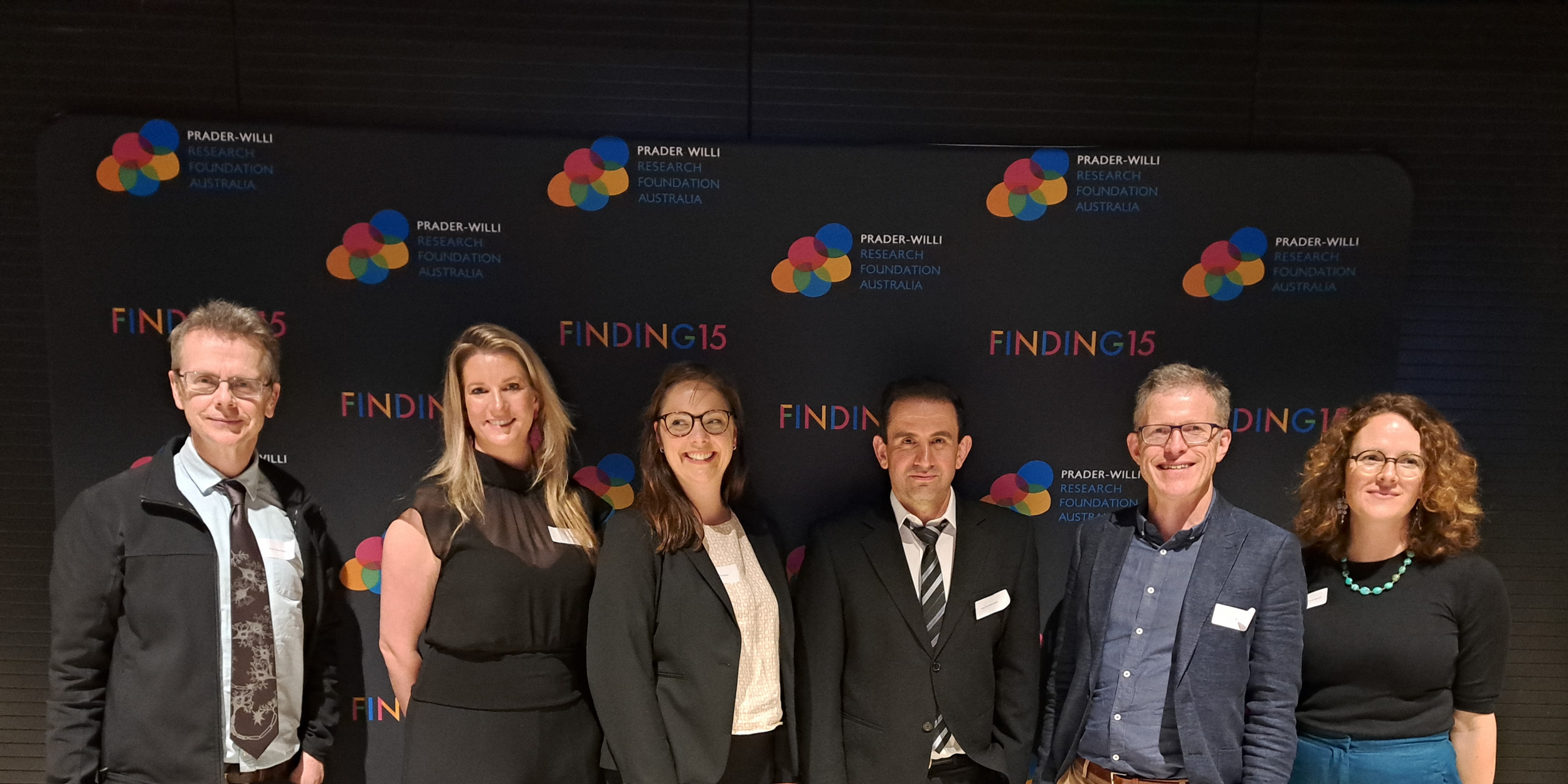Our feeding journey looked very different from what I had imagined.
From the beginning, feeding involved layers. At every feed I breastfed, tube fed and pumped — eight times a day. Feeding didn’t happen in small moments; it shaped our entire day around equipment, schedules, and the constant background noise of the pump.
The emotional weight was heavier because I had a reference point. I had exclusively breastfed my older child until he was over two, and it had felt intuitive and uncomplicated. This time, feeding required planning, persistence, and letting go of expectations I didn’t realise I was holding so tightly.
It affected our whole family. My four-year-old didn’t understand why his baby sister’s feeding looked different. He was curious about the machines while I tried to set boundaries and still made him feel included. During her nap times, I was often pumping instead of resting or playing — trying to be present for him while meeting her needs.
Feeding her in public via the tube felt vulnerable at first. The checks, flushing, and equipment felt exposed and awkward. Over time, it became more normal. We learned to just get it done. Friends’ children would ask questions, and those moments became opportunities for simple explanations and quiet normalization.
Birdie also struggled physically with the tube. The tape caused significant skin reactions — red, inflamed, and sometimes broken skin — adding another constant layer of care.
Our daughter relied on tube feeding for eight months. Then one day, unexpectedly, she pulled her tube out — and from that point, she was able to take a bottle.
That experience reshaped how I see feeding. It taught me that nourishment doesn’t have to look a certain way to be valid, and that even difficult support tools can become part of daily life when needed.
If feeding feels unfamiliar, uncomfortable, or heavy right now, you’re not alone. Feeding your child in the way they need — however that looks — is care, commitment, and love.
